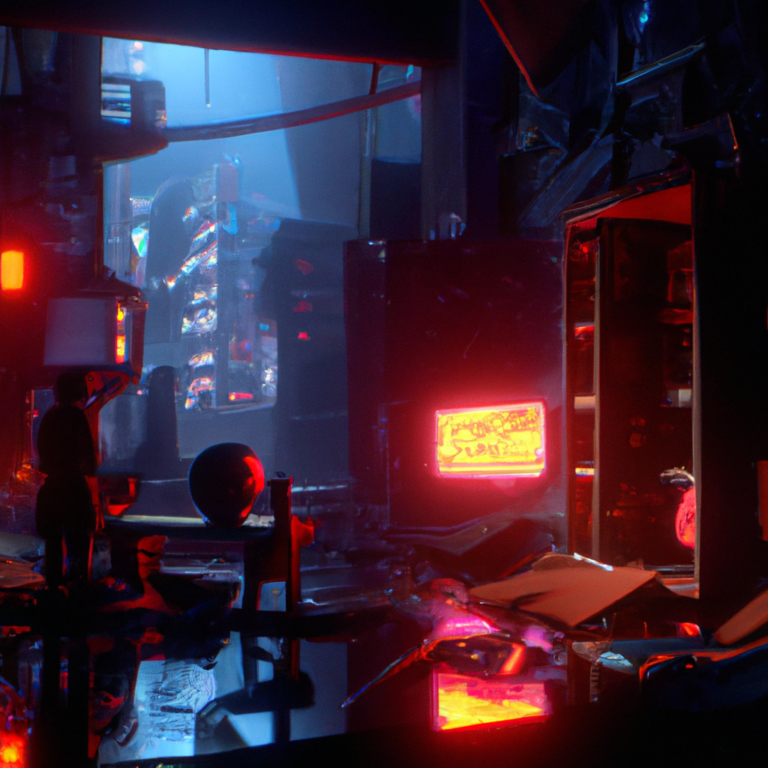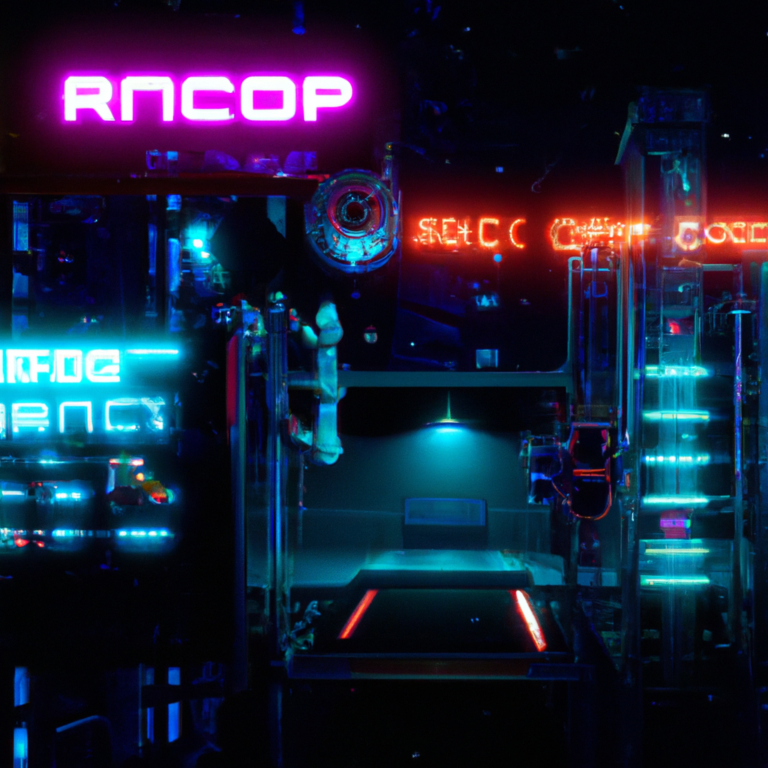“The Power of Sound: Exploring the Role of Music in Video Games and How to Compose for Them”
Music has always played an important role in video games. From the classic 8-bit tunes of the original Super Mario Bros to the orchestral scores of modern games like The Last of Us, music has the power to enhance gameplay and create immersive experiences. In this blog post, we’ll explore the role of music in video games and provide tips for composing music for games.
The Role of Music in Video Games
Music in video games serves several purposes. First, it helps to establish the mood and atmosphere of the game. For example, a horror game may use eerie music to create a sense of tension and fear, while an action game may use fast-paced music to create a sense of excitement and urgency.
Second, music helps to guide the player through the game. For example, different music may play during boss battles, cutscenes, or exploration segments. This can help the player understand the importance of a particular moment in the game and adjust their gameplay accordingly.
Finally, music can help to create an emotional connection between the player and the game. A well-composed piece of music can evoke strong emotions and create memorable moments for the player.
How to Compose Music for Games
Composing music for video games requires a different approach than composing music for other media. Here are some tips to help you get started:
1. Understand the Game
The first step in composing music for games is to understand the game you’re working on. What is the genre of the game? What is the setting? What emotions do you want to evoke in the player? Understanding these factors will help you create music that fits the game’s theme and atmosphere.
2. Create a Theme
Once you understand the game, it’s time to create a theme. A theme is a short piece of music that represents a particular character, location, or event in the game. This theme can be used throughout the game to create continuity and enhance the player’s emotional connection to the game.
3. Use Layers
Video game music often has multiple layers that can be triggered depending on the player’s actions. For example, a layer of music may play when the player is in a battle, and another layer may play when the player is exploring a new area. These layers can help to create a dynamic and immersive experience for the player.
4. Work with the Game Designers
Finally, it’s important to work closely with the game designers to ensure that the music fits the game. The game designers can provide feedback and direction, and can help you understand how the music will be used in the game.
Conclusion
Music plays an important role in video games, enhancing gameplay and creating immersive experiences for players. Composing music for games requires a different approach than composing music for other media, but with the right understanding and techniques, it can be a rewarding and fulfilling experience.







